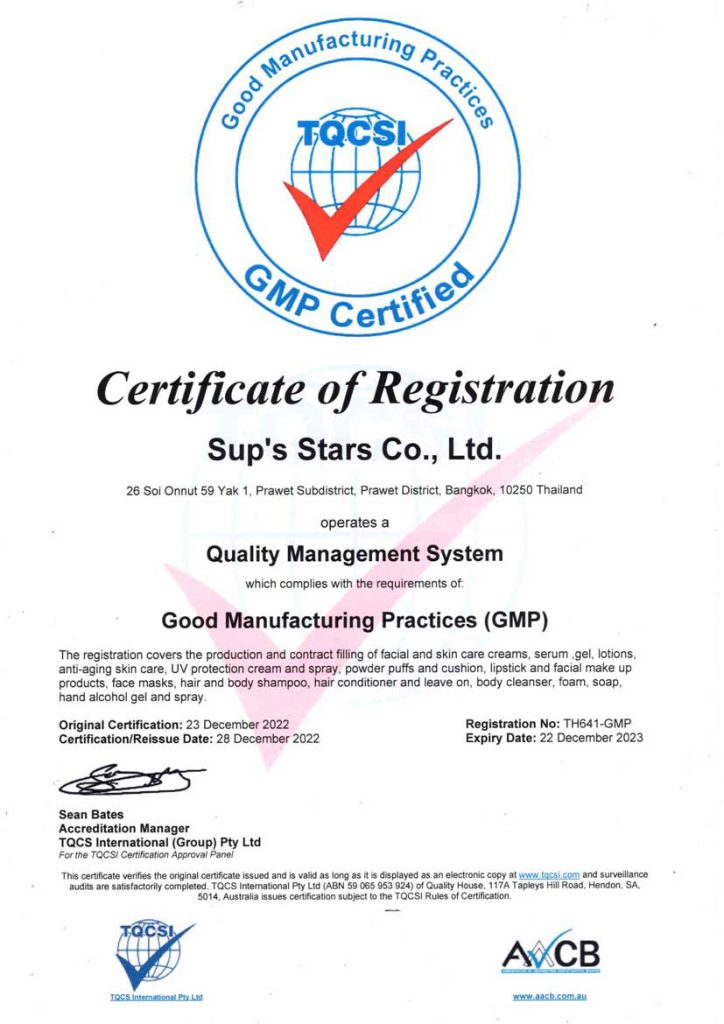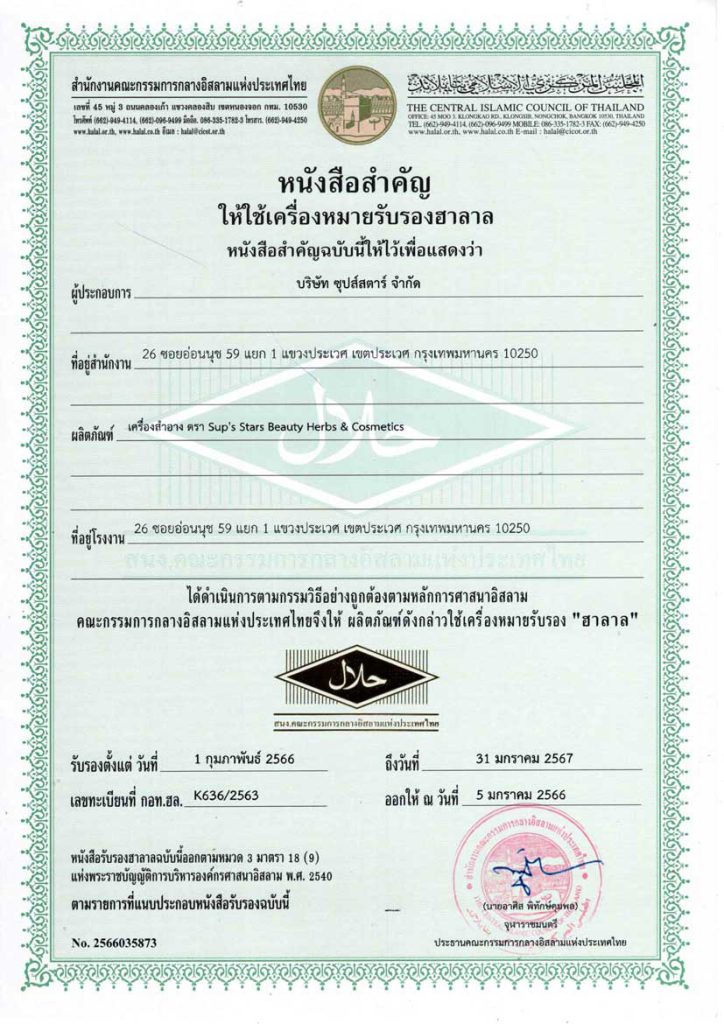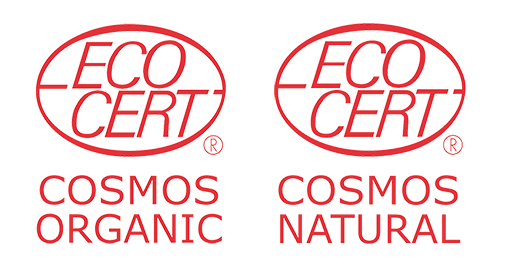DIY Aloe Vera Skincare in 2025 : Natural Recipes for Healthy, Glowing Skin

Aloe Vera is one of the most popular and versatile natural ingredients in skincare. With its incredible ability to hydrate, heal, and soothe, Aloe Vera has earned its reputation as a miracle plant in the world of beauty. Whether you are seeking natural acne treatments, anti-aging solutions, or hydration, Aloe Vera is an essential addition to your skincare routine. In this guide, we’ll explore the Aloe Vera benefits for skin, share DIY recipes you can easily make at home, and offer tips on how to safely incorporate Aloe Vera into your daily regimen.
Why Aloe Vera is Essential for Skin Health
Aloe Vera is packed with over 75 active compounds, including vitamins, minerals, amino acids, and antioxidants—making it a powerhouse for nourishing and rejuvenating your skin. Here’s why Aloe Vera is essential for your skincare routine:
Hydration : Aloe Vera deeply moisturizes the skin without leaving a greasy residue, making it perfect for all skin types. It absorbs quickly, leaving your skin feeling smooth, soft, and refreshed.
Healing : Aloe Vera is known for its healing properties. It stimulates collagen production, helping your skin regenerate and heal from minor cuts, wounds, and sunburns. It can also reduce the appearance of scars and promote overall skin health.
Acne Treatment : Aloe Vera’s antibacterial and anti-inflammatory properties make it an excellent choice for treating acne. It helps soothe inflammation, reduce redness, and prevent acne outbreaks by fighting bacteria.
Anti-aging : Aloe Vera is rich in antioxidants like vitamins C and E, which fight free radicals that cause premature aging. Regular use can minimize fine lines, wrinkles, and leave you with a youthful glow.
How to Safely Use DIY Aloe Vera for Your Skin

Aloe Vera is gentle on the skin and is non-comedogenic, meaning it won’t clog your pores. It’s suitable for all skin types, including sensitive skin. However, it’s always a good idea to perform a patch test before applying Aloe Vera extensively to your skin, especially if you are using a pure form or concentrated Aloe Vera gel. Here’s how to safely use it:
- Sunburn Relief : Aloe Vera can be used directly on sunburned skin to provide cooling relief and promote healing. Apply it as a gel or cream to soothe redness and pain.
- Face and Body Moisturizer : Aloe Vera gel makes a light, hydrating moisturizer that absorbs quickly without leaving a greasy residue. Ideal for both face and body.
- Acne Treatment : Apply Aloe Vera gel directly to acne-prone areas after cleansing. Its antibacterial properties help reduce acne-causing bacteria while soothing irritation.
DIY Aloe Vera Face Masks for Glowing Skin
Aloe Vera is an excellent base ingredient for a variety of DIY skincare recipes. Here are a few simple and effective Aloe Vera face masks you can make at home for glowing, healthy skin:
1. Hydrating Aloe Vera Face Mask
This mask is perfect for dry skin, leaving it nourished and moisturized.
Ingredients:
- 2 tablespoons Aloe Vera gel
- 1 tablespoon honey (natural humectant)
- 1 tablespoon yogurt (soothes and hydrates)
Instructions:
- Mix the Aloe Vera gel, honey, and yogurt in a bowl.
- Apply to your face, avoiding the eyes.
- Leave the mask on for 15-20 minutes, then rinse off with warm water.
2. Organic Skincare for Acne-Prone Skin
For acne-prone skin, organic products offer effective yet gentle care:
- Anti-Bacterial Properties: Ingredients such as tea tree oil and witch hazel combat acne-causing bacteria.
- Non-Comedogenic Oils: Lightweight oils like jojoba and grapeseed hydrate without clogging pores.
- Inflammation Reduction: Antioxidants, like vitamin C, help soothe and reduce blemishes.
3. Organic Skincare for Dry Skin
Dry skin needs intense hydration and nourishment:
- Deep Moisture: Ingredients like shea butter and coconut oil provide long-lasting hydration.
- Moisture Retention: Natural hyaluronic acid helps the skin retain water, keeping it plump.
- Nourishing Oils: Omega-rich oils, such as argan oil, restore elasticity and softness.
4. Organic Skincare for Aging or Mature Skin
Mature skin benefits from products that promote youthfulness:
- Antioxidant Protection: Ingredients like vitamin C and green tea fight free radicals that cause aging.
- Collagen Support: Natural retinol alternatives, like bakuchiol, encourage collagen production without irritation.
- Hydration and Elasticity: Aloe vera and olive oil help maintain skin’s moisture and firmness.
Avoid These Harmful Chemicals in Body Scrubs & Care
1. Parabens
- Why Avoid? Used as preservatives, parabens can disrupt hormone function, mimic estrogen, and are linked to reproductive toxicity and increased risk of breast cancer.
- Common Types: Methylparaben, ethylparaben, propylparaben, and butylparaben.
2. Phthalates
- Why Avoid? Phthalates are used to make fragrances last longer, but they’re known to disrupt endocrine function and may have harmful effects on reproductive health.
- Common Types: Diethyl phthalate (DEP), dibutyl phthalate (DBP).
3. Sulfates (Sodium Lauryl Sulfate and Sodium Laureth Sulfate)
- Why Avoid? Sulfates are foaming agents that can strip the skin of its natural oils, leading to dryness and irritation. They may also cause allergic reactions and are often contaminated with potentially harmful byproducts.
- Common Types: Sodium lauryl sulfate (SLS), sodium laureth sulfate (SLES).
4. Polyethylene Glycol (PEGs)
- Why Avoid? PEGs are often used as thickeners or softeners in body scrubs, but they can be contaminated with toxic byproducts like ethylene oxide and 1,4-dioxane, which are linked to cancer.
- Common Variants: PEG-100, PEG-20, etc.
5. Synthetic Fragrances
- Why Avoid? “Fragrance” can hide a cocktail of unknown chemicals that are not listed on the label, many of which are linked to skin irritation, allergic reactions, and hormonal disruptions.
- Look for Instead: Products labeled as “fragrance-free” or “scented with essential oils.”
6. Formaldehyde and Formaldehyde-Releasing Agents
- Why Avoid? Known as a carcinogen, formaldehyde can cause skin irritation and allergic reactions. Some preservatives release formaldehyde over time.
- Common Ingredients: DMDM hydantoin, imidazolidinyl urea, and quaternium-15.
7. Triclosan
- Why Avoid? This antibacterial agent may contribute to antibiotic resistance, hormone disruption, and skin irritation.
- Common Use: Often found in exfoliating cleansers marketed as “antibacterial.”
8. Mineral Oil and Petrolatum
- Why Avoid? These petroleum-derived ingredients may clog pores and prevent the skin from breathing. They are sometimes contaminated with harmful impurities linked to cancer.
- Alternatives: Look for plant-based oils like coconut oil, jojoba oil, or almond oil.
9. Artificial Dyes and Colorants
- Why Avoid? Artificial dyes can cause skin irritation and may contain harmful contaminants. They’re often linked to allergies and skin sensitivity.
- Common Dyes to Avoid: FD&C colors and D&C colors (e.g., FD&C Red No. 4).
10. Alcohol (Denatured or SD Alcohol)
- Why Avoid? High concentrations of alcohol can dry out and irritate the skin, leading to inflammation.
- Common Names: SD alcohol, denatured alcohol.
Tips for Safer Alternatives
- Read Labels Carefully: Choose products labeled “paraben-free,” “phthalate-free,” and “fragrance-free.”
- Go Natural: Look for products with natural exfoliants like sugar, salt, coffee, or oatmeal and minimal, plant-based ingredients.
- Choose Certified Organic and Natural Brands: Products with certifications like USDA Organic, Ecocert, or NATRUE are usually safer choices.
Avoiding these ingredients can help reduce exposure to harmful chemicals while ensuring your body scrub is safe and nourishing for your skin.
DIY Aloe Vera Face Masks for Glowing Skin

1. Hydrating Aloe Vera Face Mask
This mask is perfect for dry skin, leaving it nourished and moisturized.
Ingredients:
- 2 tablespoons Aloe Vera gel
- 1 tablespoon honey (natural humectant)
- 1 tablespoon yogurt (soothes and hydrates)
Hydrating Aloe Vera Face Mask
Follow these steps to make your own Aloe Vera Face mask
Instructions:
- Mix the Aloe Vera gel, honey, and yogurt in a bowl.
- Apply to your face, avoiding the eyes.
- Leave the mask on for 15-20 minutes, then rinse off with warm water.
2. Acne-Soothing Aloe Vera and Tea Tree Oil Mask
Aloe Vera and tea tree oil work together to fight acne while soothing inflammation.
Ingredients:
- 1 tablespoon Aloe Vera gel
- 1 drop tea tree oil (antibacterial)
Acne-Soothing Aloe Vera & Tea Tree Oil Mask DIY
Follow these steps to make your DIY Aloe Vera & Tea Tree Oil Face mask For Acne-Soothing
Instructions:
- Mix Aloe Vera gel with tea tree oil.
- Apply the mixture to acne-prone areas.
- Leave it on overnight for best results.
3. Anti-Aging Aloe Vera and Honey Mask
This mask helps reduce fine lines and wrinkles while promoting skin elasticity.
Ingredients:
- 2 tablespoons Aloe Vera gel
- 1 tablespoon honey
- 1 teaspoon lemon juice (optional for brightening)
Anti-Aging Aloe Vera and Honey Mask DIY
Follow these steps to make your DIY Anti Aging Aloe Vera & Honey Face mask
Instructions:
- Mix Aloe Vera gel with tea tree oil.
- Apply the mixture to acne-prone areas.
- Leave it on overnight for best results.
Conclusion
Aloe Vera is truly a miracle ingredient in natural skincare. Its ability to hydrate, heal, and protect the skin makes it a must-have for anyone looking for an effective and natural skincare solution.
Whether you’re dealing with acne, dryness, or sun damage, Aloe Vera provides a gentle and powerful remedy for your skin.
If you’re looking for a safe, effective, and natural way to improve your skin health, Aloe Vera is your go-to ingredient. From DIY face masks to daily moisturizing, this versatile plant can benefit your skin in countless ways.
Ready to start using Aloe Vera in your skincare routine? Try some of these DIY Aloe Vera recipes and experience the magic of nature firsthand!
Frequently Asked Questions (FAQ)
1. Is Aloe Vera safe for all skin types?
2. Can Aloe Vera help with acne scars?
3. How often should I use Aloe Vera on my skin?
Transform Your Skin Today
If you love DIY Aloe Vera skincare but want a ready-made, all-natural alternative, Sup’s Stars Natural Beauty & Cosmetics is crafted just for you! Made with pure Aloe Vera and zero chemicals, it delivers the deep hydration, soothing relief, and glowing skin you seek without the hassle of making it yourself.
Ditch synthetic products and experience the best of handcrafted, chemical-free skincare, perfected for natural beauty enthusiasts like you.
Try it today and give your skin the Aloe-powered care it deserves!
Certifications for Organic Products
To ensure that skincare products are truly organic, they should have certifications from recognized bodies:
- USDA Organic Certification: Guarantees that the product contains at least 95% organic ingredients and follows stringent farming and manufacturing practices.
- Ecocert Certification: Confirms that the product meets the standards for natural and organic ingredients, including environmentally-friendly practices.
- COSMOS Certification: Ensures that the product complies with high standards for organic and natural cosmetics, covering everything from ingredient sourcing to manufacturing.
- ISO 16128: Provides guidelines on natural and organic cosmetic ingredient content, helping manufacturers and consumers identify truly organic products.
Trends in Natural Skin Care
- Ingredient Transparency: Consumers demand clear labeling of ingredients, focusing on natural, non-toxic components.
- Sulfate-Free & Paraben-Free Formulas: Increasing preference for shampoos without harmful chemicals like sulfates, parabens, and silicones.
- Plant-Based & Vegan Formulations: Growing demand for plant-derived ingredients, cruelty-free, and vegan-certified products.
- Sustainable & Eco-Friendly Packaging: Brands are shifting to biodegradable, recyclable, or refillable packaging to reduce environmental impact.
- Focus on Scalp Health: Products promoting scalp health using natural ingredients like tea tree oil, aloe vera, and witch hazel are gaining popularity.
- Minimalist Formulas: Shampoos with fewer, cleaner ingredients designed to be gentle and effective.
- Customizable & Personalized Products: Brands are offering personalized formulations based on hair type, texture, and specific concerns.
- Waterless & Solid Shampoo Bars: Solid shampoo bars and waterless formulations are becoming popular for sustainability and convenience.
- Natural Fragrances & Essential Oils: There is a shift toward using essential oils for scent instead of synthetic fragrances.
- Holistic Wellness: Shampoos with adaptogens, botanicals, and herbs aimed at promoting overall wellness and stress relief are trending.
- Organic Certification: Consumers increasingly look for certified organic products to ensure authenticity and quality.
- Focus on Sensitive Skin: Brands are creating hypoallergenic and dermatologist-tested options for sensitive skin and scalp.
Generational Preferences for Organic Shampoo
Understanding the preferences of different age groups can help in tailoring marketing strategies and expanding market reach:
- Gen Z (Born 1997-2012): This generation values sustainability and ethical practices. They prefer cruelty-free, vegan, and environmentally friendly products. They are influenced by digital marketing and social media, making online presence crucial.
- Millennials (Born 1981-1996): Millennials are leading the organic movement and are interested in products that offer long-term health benefits. They look for products with natural ingredients and anti-aging properties. Highlighting these benefits can attract this demographic.
- Gen X (Born 1965-1980): Gen X consumers are gradually shifting towards organic products due to concerns about synthetic chemicals. They value effectiveness and safety in skincare. Educational marketing and clear product benefits can engage this group.
- Baby Boomers (Born 1946-1964): Baby Boomers are seeking simple, effective skincare solutions that are gentle on mature skin. Emphasizing the safety and efficacy of organic products can appeal to this generation.
Market Expansion Opportunities
To expand your market, consider the following strategies:
- Leverage Digital Marketing: Use social media, influencer partnerships, and targeted online ads to reach younger audiences.
- Emphasize Sustainability: Promote eco-friendly practices and packaging to attract environmentally-conscious consumers.
- Offer Customization: Provide personalized skincare solutions to meet individual needs and preferences.
- Communicate Clearly: Ensure that the benefits of your products are well-explained and accessible to all consumers, highlighting both health and environmental advantages.
Conclusion
To expand your market, consider the following strategies:
- Leverage Digital Marketing: Use social media, influencer partnerships, and targeted online ads to reach younger audiences.
- Emphasize Sustainability: Promote eco-friendly practices and packaging to attract environmentally-conscious consumers.
- Offer Customization: Provide personalized skincare solutions to meet individual needs and preferences.
- Communicate Clearly: Ensure that the benefits of your products are well-explained and accessible to all consumers, highlighting both health and environmental advantages.










